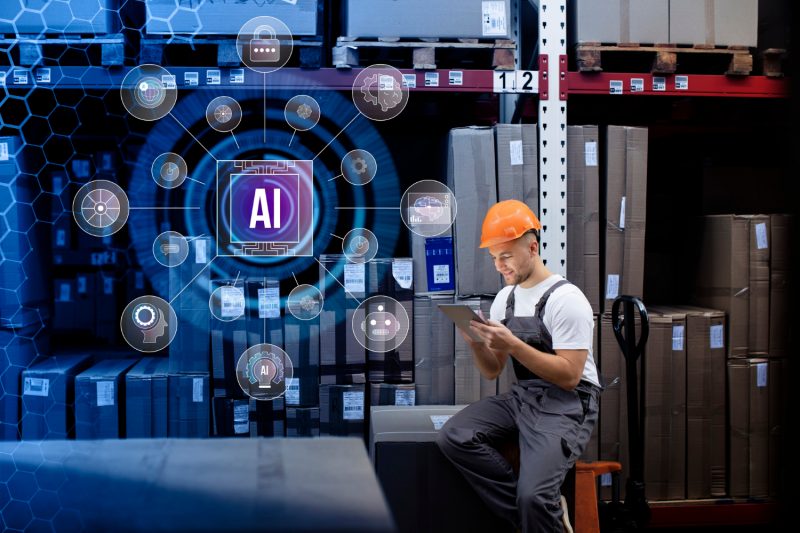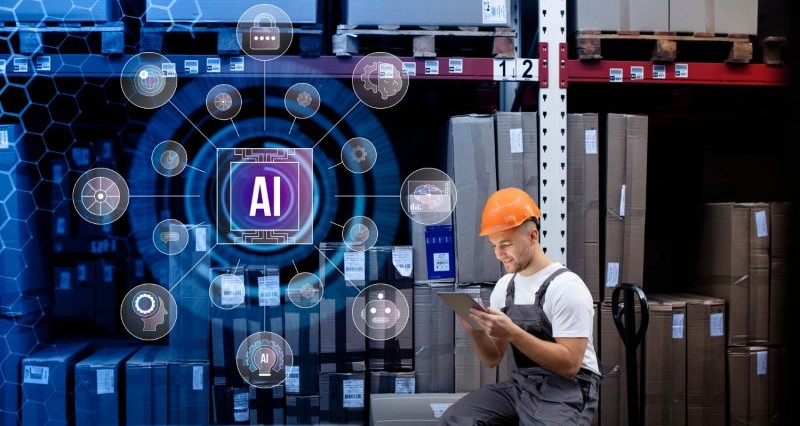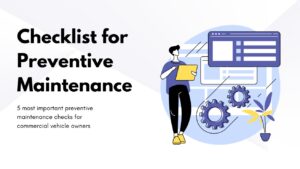Logistics companies are no strangers to innovation. But when it comes to incorporating advanced AI like ChatGPT, they’re a bit skeptical. They see the potential for cost savings and operational efficiency. But, their primary concern is ensuring that this digital transformation might frustrate customers. Those, who entrust them with shipping valuable goods worldwide.
Leading the charge in exploring the capabilities of generative AI are freight brokerage RXO, trucking giant XPO, logistics tech provider Phlo Systems, and shipping company DFDS. These industry players are testing generative AI for automating tasks. Specifically for tasks which were tiresome such as shipment tracking, load booking, and import declarations.
Generative AI, popularized by OpenAI’s ChatGPT, has been a game-changer since its launch. These programmes can process vast amounts of data, identify patterns, make predictions, and respond to inquiries in a human-like manner. This capability has revolutionized industries like law, retail, travel, and more.
For logistics companies, generative AI promises to enhance forecasting, procurement, inventory management, and shipping decisions. Currently, the companies are focusing on its application in customer support, where it can interpret conversational language. It aims to provide quick, relevant, and tailored responses. Aiming to be an improvement over preset-answer chatbots or human agents who need time to find answers.
However, generative AI has its limitations. It performs as well as the data it’s trained on and occasionally provides incorrect answers. Many companies are wary of using proprietary data or customer information to train these systems. Leading some to prohibit their use altogether.
The stakes are particularly high when it comes to supply-chain decisions. Logistics customer support involves moving large volumes of shipments via various modes of transport. The data behind these decisions is often complex, fast-changing, and proprietary.

Jared Weisfeld, Chief Strategy Officer at RXO, acknowledges the challenge. They are exploring ways to automate customer support and load booking for smaller businesses. Aiming to provide faster answers and free up sales staff. Nevertheless, they understand the need for a hybrid approach, allowing clients to choose between human and AI interactions.
The central question for RXO, as Weisfeld puts it, is “how to increase efficiency while making customers’ lives easier.”
Jonathan Wright, Global Managing Partner at IBM Consulting, underscores the importance of trust and governance in AI adoption. Supply-chain managers must trust AI for placing orders, managing inventory, and negotiating with suppliers. So that the margin for error is virtually nonexistent.
XPO, a trucking company, plans to develop an internal ChatGPT-like bot to assist customers. They prioritize privacy and control over data to ensure relevance and accuracy in responses.
Phlo Systems, based in the UK, has deployed an AI-powered chatbot for customs declarations, replacing a system with preset FAQs. This chatbot handles a significant portion of inquiries, redirecting the rest to human staff for resolution.
DFDS, a Danish shipping company, has taken a unique path. Initially using generative AI for software development with an eye toward its potential in customer support. They emphasize the need to ensure the quality and predictability of AI-generated answers.
In this age of logistics, where precision and reliability are crucial, the integration of generative AI is a delicate balance. The industry is cautiously embracing this transformative technology. Aiming to harness its potential while safeguarding the trust and satisfaction of their customers.
Comments
-
I like the helpful info you provide in your articles. I will bookmark your blog and check again here frequently. I am quite sure I’ll learn plenty of new stuff right here! Best of luck for the next!






Leave a Reply